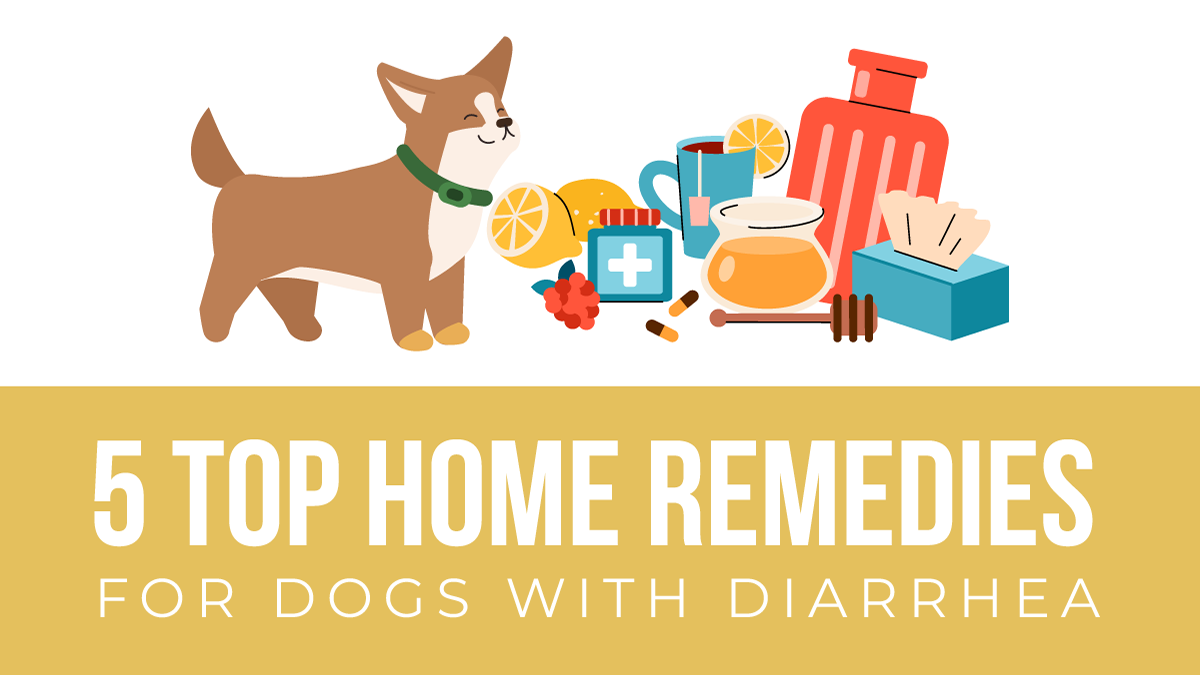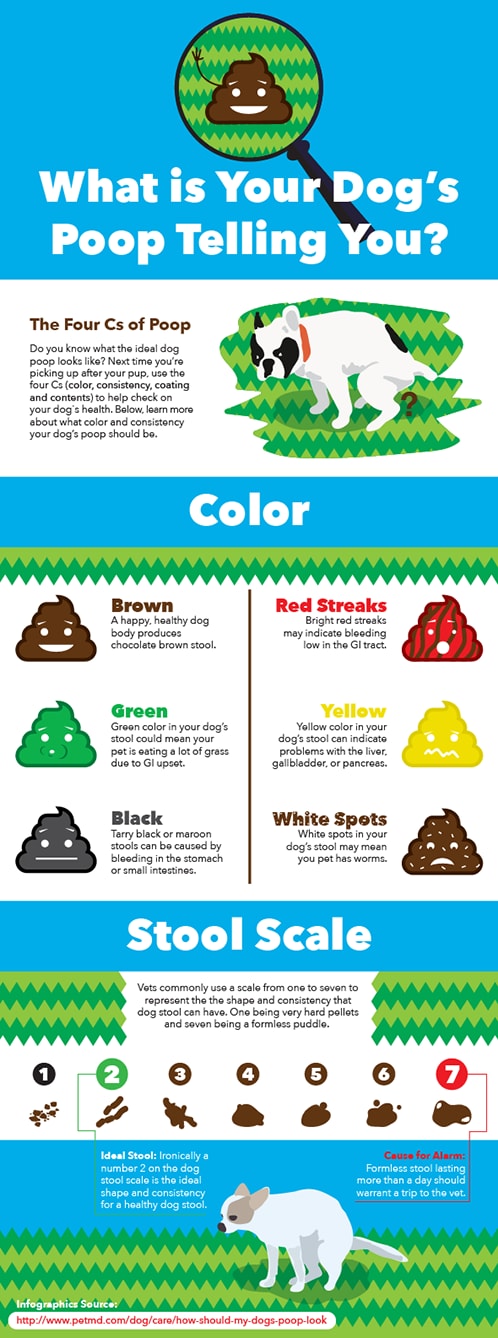For an upset stomach, you can give a dog plain, cooked, lean minced meat, such as chicken or turkey. When our furry friends experience an upset stomach, it can be distressing for both them and us.
As dog owners, we want to provide quick relief and comfort to our beloved pets. While consulting a veterinarian is always the best course of action, there are several options we can consider at home. From homemade remedies to over-the-counter medications, finding a suitable solution is vital.
We will explore safe and effective ways to help alleviate your dog’s upset stomach while adhering to best practices. By following these guidelines, you can provide your dog with the relief they need and help them get back to their playful, happy selves in no time.
Natural Remedies For Upset Stomachs In Dogs
Looking for natural remedies for upset stomachs in dogs? Try feeding them cooked chicken and rice or giving them Famotidine or cimetidine to help alleviate discomfort. Remember to consult with your veterinarian if the symptoms persist.
Chicken And Rice
One of the most commonly recommended natural remedies for an upset stomach in dogs is chicken and rice. This simple yet effective combination can help soothe your dog’s digestive system and provide them with easily digestible nutrients. Cooked white rice, although lower in nutritional value than brown rice, is often preferred for upset stomachs due to its blandness. Remember to use boneless and skinless chicken breasts, as the bones and skin can be difficult for your dog to digest and may worsen their stomach issues.Boiled Chicken And Rice
When preparing chicken and rice for your dog with an upset stomach, it is best to boil the chicken to ensure it is fully cooked and easy to digest. Boiling the chicken helps remove any excess fat, which can be hard for your dog’s stomach to handle. Simply place the chicken breasts in a pot of water, bring it to a boil, and let it simmer until the chicken is thoroughly cooked. Once cooked, shred the chicken and mix it with cooked white rice to create a gentle and nourishing meal for your pup.Bone Broth
Another natural remedy that can help soothe your dog’s upset stomach is bone broth. Homemade bone broth is not only tasty but also packed with nutrients that can aid in digestion and provide comfort to your dog. To make bone broth, simply simmer bones (such as chicken or beef) in water for several hours until the broth becomes rich and flavorful. Remove the bones and let the broth cool before serving it to your dog. The gentle warmth and nourishing properties of bone broth can be beneficial for your dog’s upset stomach and overall well-being.Plain, Cooked, Lean Minced Meat
If your dog’s upset stomach persists, you can try feeding them plain, cooked, and lean minced meat. This can be chicken, turkey, or even lean ground beef. Ensure that the meat is thoroughly cooked and free from any seasoning or added fats. The simplicity and digestibility of plain, cooked, lean minced meat can provide relief to your dog’s upset stomach while still providing them with essential nutrients. However, it is important to consult with your veterinarian before introducing any new foods to your dog’s diet, especially if their stomach issues are severe or prolonged.In summary, natural remedies such as chicken and rice, boiled chicken and rice, bone broth, and plain, cooked, lean minced meat can be beneficial for dogs with upset stomachs. These remedies offer easily digestible nutrients and can help soothe your dog’s digestive system. Remember to always consult with your veterinarian for proper guidance and to rule out any underlying health issues that may be causing your dog’s upset stomach.
Credit: puppypoop.com
Medications For Upset Stomachs In Dogs
When your dog has an upset stomach, there are several medications you can give them to provide relief. Famotidine (Pepcid AC®) and cimetidine (Tagamet®) are two options that can help decrease gastrointestinal acids and make your dog feel better. However, if the symptoms persist, it’s best to consult your veterinarian for further evaluation.
Famotidine
Famotidine, also known as Pepcid AC®, is a medication commonly used to treat upset stomachs in dogs. By decreasing the production of gastrointestinal acids, it helps relieve symptoms such as nausea and vomiting. This over-the-counter medication can be safely used intermittently for dietary indiscretions or as directed by your veterinarian. However, if your dog’s stomach issues persist, it is important to consult with your vet to determine the underlying problem.Cimetidine
Cimetidine, also known as Tagamet®, is another medication that can be used to alleviate upset stomachs in dogs. Similar to famotidine, cimetidine works by reducing the production of stomach acids. It is often recommended for dogs experiencing symptoms related to gastric ulcers or gastritis. However, as with any medication, it is important to consult with your vet before administering it to your dog. If you decide to use famotidine or cimetidine to treat your dog’s upset stomach, it is crucial to follow the recommended dosage instructions provided by your veterinarian or the product label. Remember that these medications are not a long-term solution for ongoing or chronic gastrointestinal issues. If your dog’s symptoms persist or worsen, it is always best to seek professional veterinary advice to ensure a proper diagnosis and appropriate treatment plan.In addition to medications, there are various other home remedies and dietary changes that can help soothe your dog’s upset stomach. For example, feeding your dog a bland diet consisting of cooked white rice and boiled chicken can be helpful in easing digestive discomfort. Another option is to offer bone broth, which provides essential nutrients and is gentle on the digestive system.With proper care and attention, you can help your furry friend find relief from an upset stomach. However, it is essential to remember that every dog is unique, and what works for one may not work for another. Always consult with your veterinarian to determine the best course of action for your individual situation.When To Consult A Veterinarian
If your dog is experiencing an upset stomach, it is best to consult a veterinarian for guidance on what you can give them. While there are home remedies such as chicken and rice that may help, it is important to seek professional advice to ensure the underlying problem is addressed properly.
Persistent Stomach Issues
If your dog’s upset stomach persists for more than 24 hours or if it recurs frequently, it is important to consult a veterinarian. Persistent stomach issues could be a sign of an underlying health problem that requires professional attention. Your veterinarian will be able to diagnose the root cause of the issue and recommend an appropriate treatment plan.Toxic Foods
Certain foods can be toxic to dogs and can cause severe stomach problems. If your dog has ingested any toxic foods, it is crucial to contact a veterinarian immediately. Common toxic foods for dogs include chocolate, onions, garlic, grapes, raisins, avocados, and certain types of nuts. Even small amounts of these foods can result in serious symptoms such as vomiting and diarrhea.Serious Symptoms
If your dog exhibits serious symptoms along with an upset stomach, it is important to seek veterinary care right away. Serious symptoms can include persistent vomiting, diarrhea with blood, abdominal pain, a distended or bloated stomach, lethargy, loss of appetite, dehydration, and difficulty breathing. These signs may indicate a more serious condition, such as pancreatitis, gastrointestinal obstruction, or poisoning, which require immediate medical attention. Remember, while there are some home remedies and over-the-counter medications that can help alleviate mild cases of upset stomach in dogs, it is always best to consult a veterinarian to ensure the well-being of your furry companion. They will provide you with the most accurate diagnosis and appropriate treatment options to address the underlying cause of your dog’s upset stomach.
Credit: offleashk9training.com

Credit: getdiglabs.com
Frequently Asked Questions Of What Can I Give A Dog For An Upset Stomach
What Is The Best Thing To Settle A Dog’s Stomach?
The best thing to settle a dog’s stomach is to feed them plain, cooked chicken and rice. It’s easy to digest and suitable for upset stomachs. Alternatively, you can give them over-the-counter medications like famotidine or cimetidine as recommended by a vet.
Avoid giving them Pepto Bismol without consulting a vet.
What Medicine Can You Give A Dog For An Upset Stomach?
For an upset stomach, you can give your dog famotidine (Pepcid AC®) or cimetidine (Tagamet®). These medications decrease the production of gastrointestinal acids, providing relief. However, if stomach issues persist, consult your veterinarian for further evaluation. Home remedies like boiled chicken and rice can also help settle the stomach.
Can I Give My Dog Pepto Bismol For An Upset Stomach?
No, you should not give your dog Pepto Bismol for an upset stomach. It is best to consult your veterinarian for the appropriate treatment.
What Can Dogs Eat Or Drink For Upset Stomach?
For an upset stomach, dogs can eat plain white rice, boiled chicken, and bone broth. These bland foods are easy to digest and can help soothe their stomach. Additionally, you can give your dog over-the-counter medications like famotidine or cimetidine, but it’s best to consult with a veterinarian if the symptoms persist.
Avoid giving Pepto Bismol without professional advice.
Conclusion
When your dog has an upset stomach, it’s important to know what to give them to ease their discomfort. Chicken and rice, bland and easy to digest, can be a go-to solution. Additionally, over-the-counter medications like Famotidine and cimetidine can help decrease gastrointestinal acid production.
However, it’s crucial to consult a veterinarian if the stomach issues persist. Providing a balanced and healthy meal along with prebiotics and probiotics can also contribute to maintaining your furry friend’s gut health. Remember, taking care of your dog’s upset stomach requires patience and the right approach.


